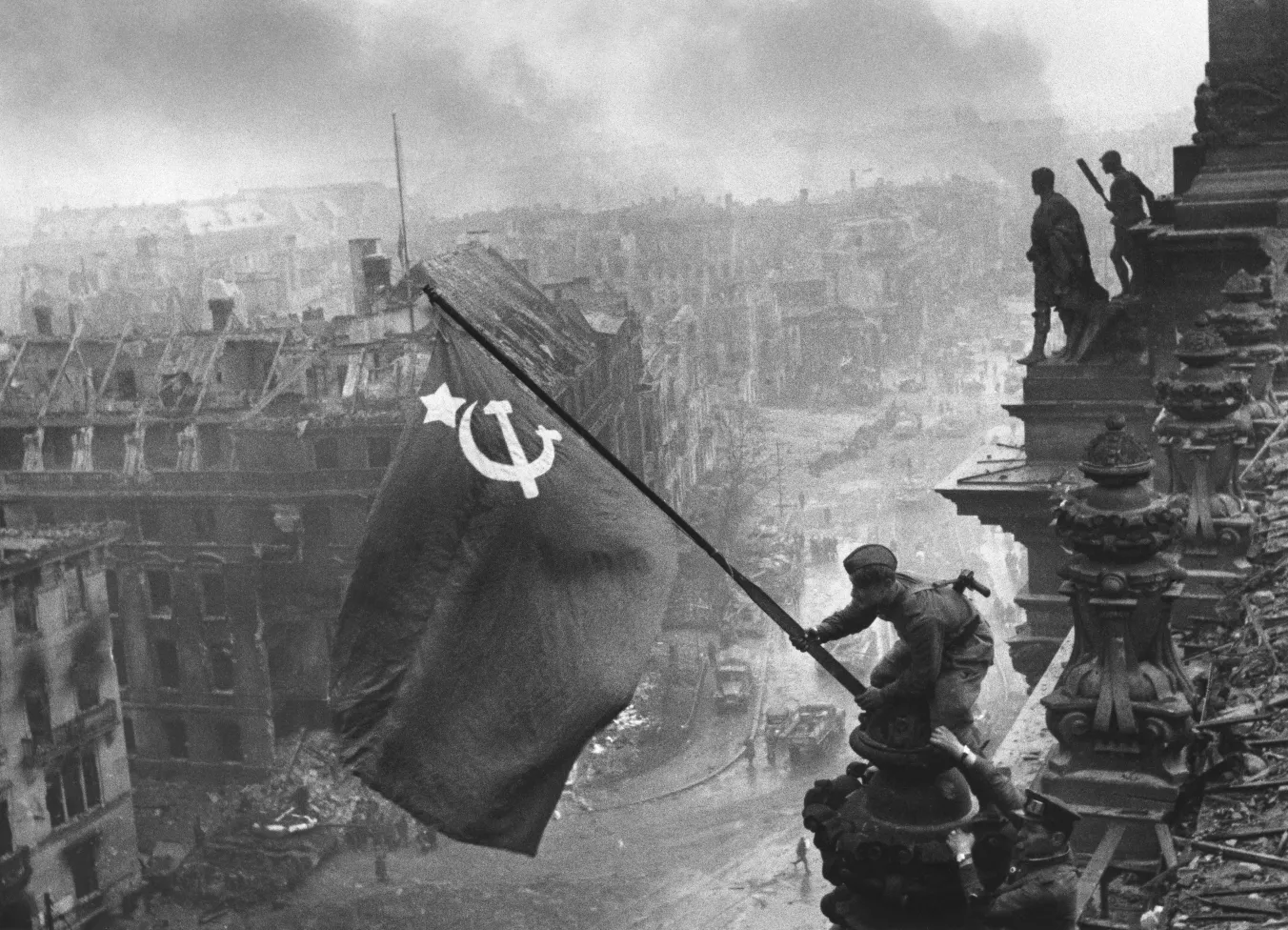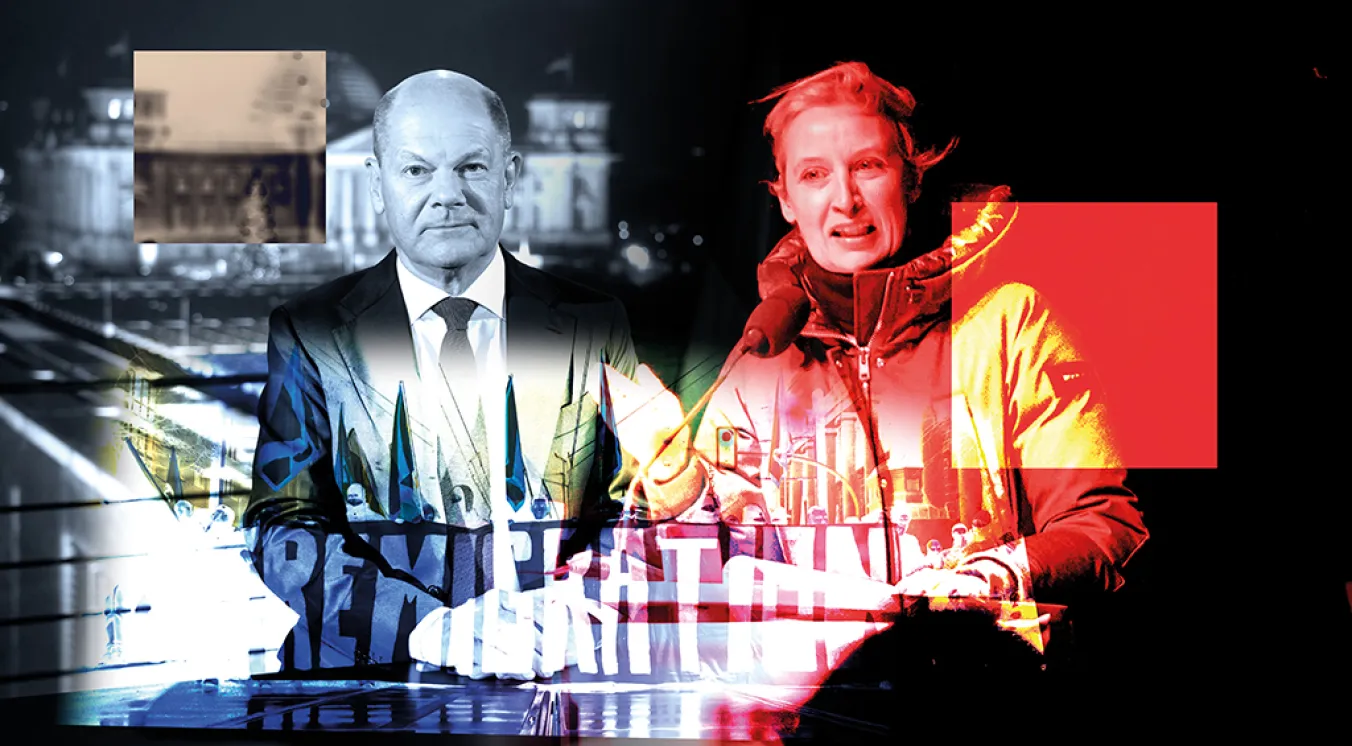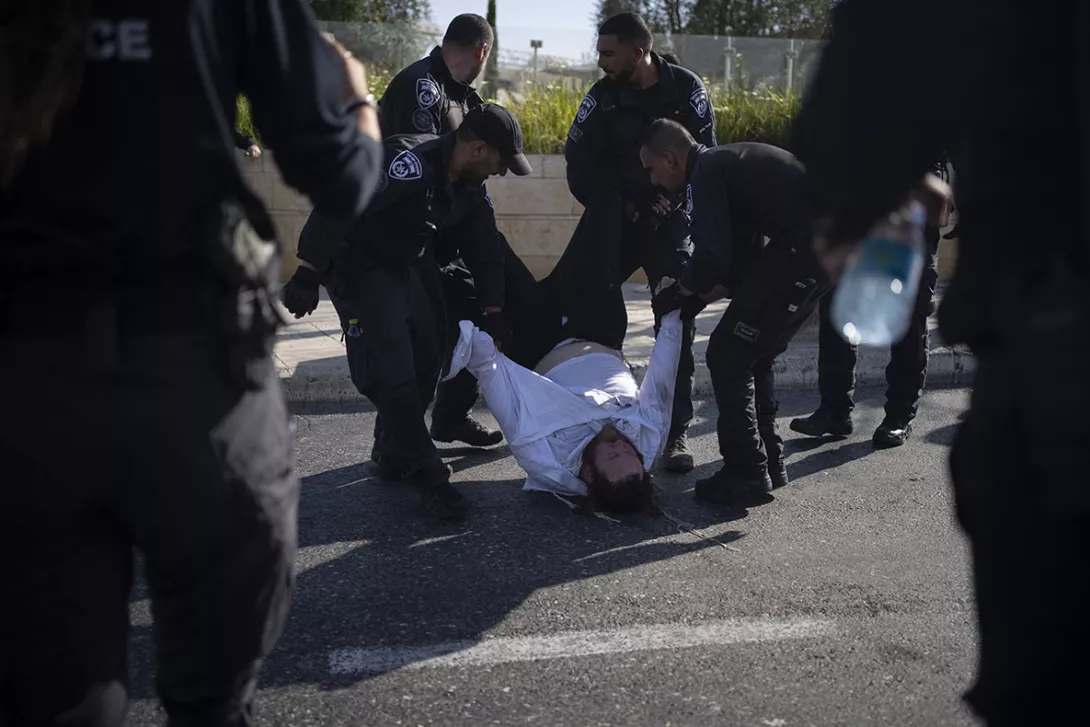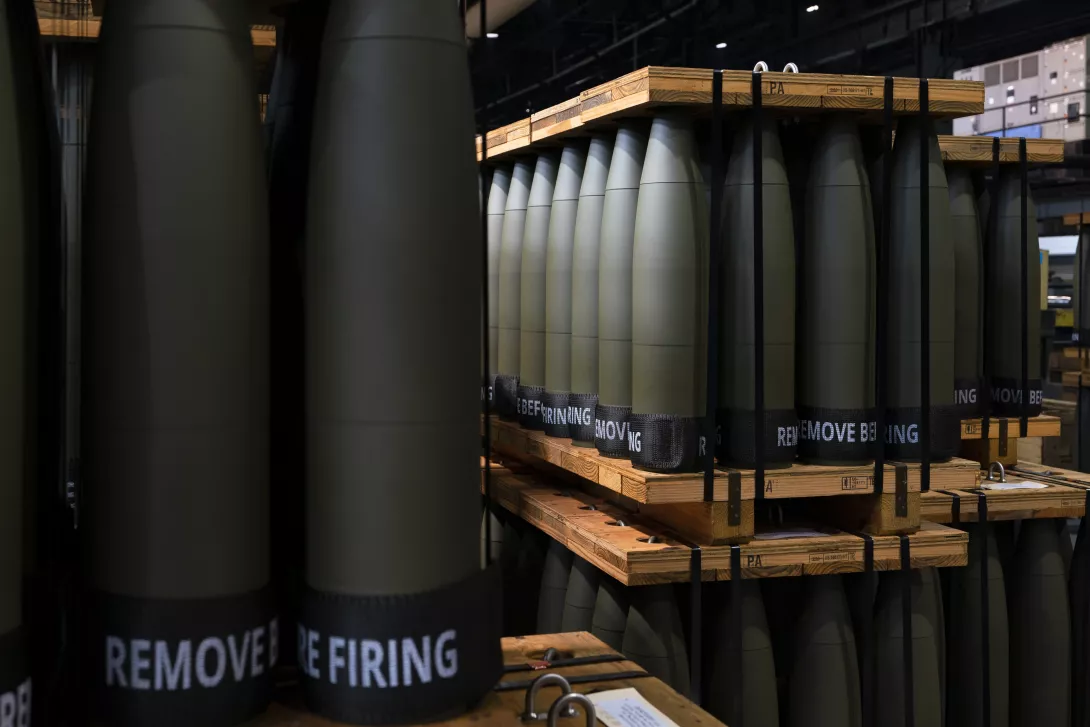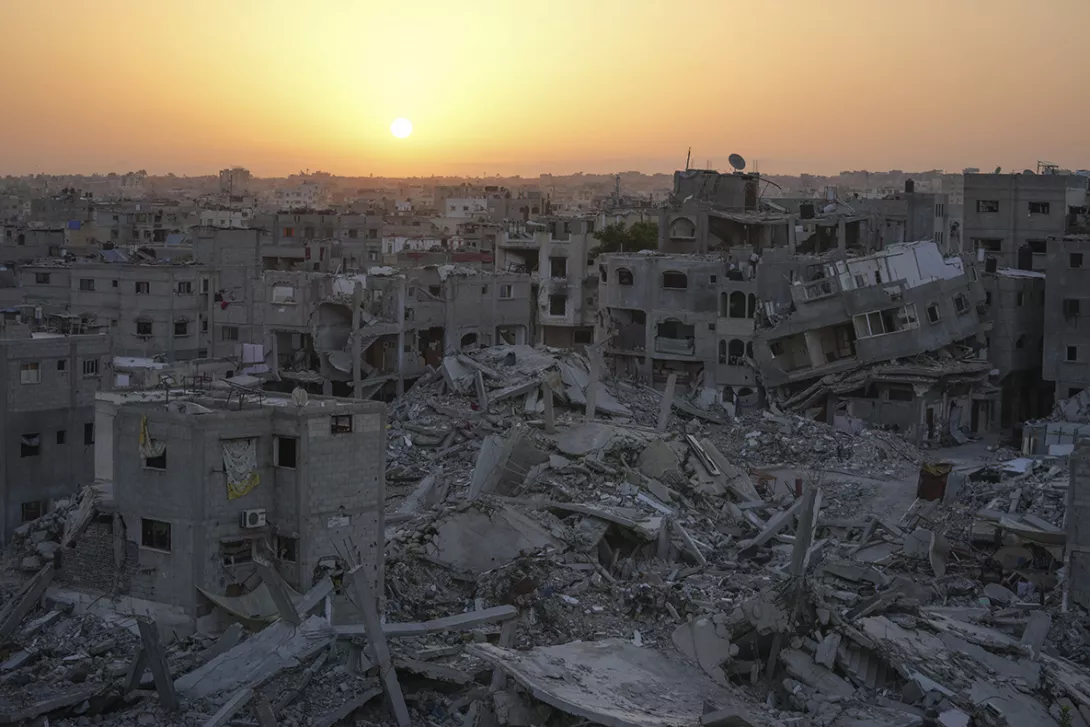
ISRAEL’S genocidal assault on the people of Gaza, its state-sponsored provocations against Palestinians in besieged Gaza, the illegally occupied West Bank and its unremitting bombardment of Lebanon have sharpened international condemnation of the zionist state.
The United States, Britain and most members of the EU, plus Japan, Canada and Australia — which constitute themselves as “international opinion” despite comprising a minority of UN members — provide diplomatic cover and, in various quantities, military and financial aid to Israel’s war effort. But, faced with Israel’s continuing starvation tactics as it ethnically cleanses north Gaza (in preparation for its resettlement?) even the US has been forced to propose a month’s probation for the Israeli state.
Israeli ruling circles and the military leadership have abandoned any notion of proportionate response and to their targeted bombardment of schools, hospitals and residential areas have added attacks on United Nations peacekeepers in Lebanon, UN refugee workers in Gaza and, at the UN general assembly in New York, the United Nations itself.
